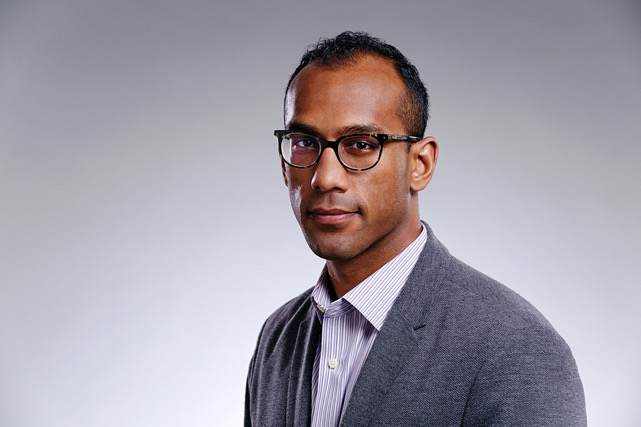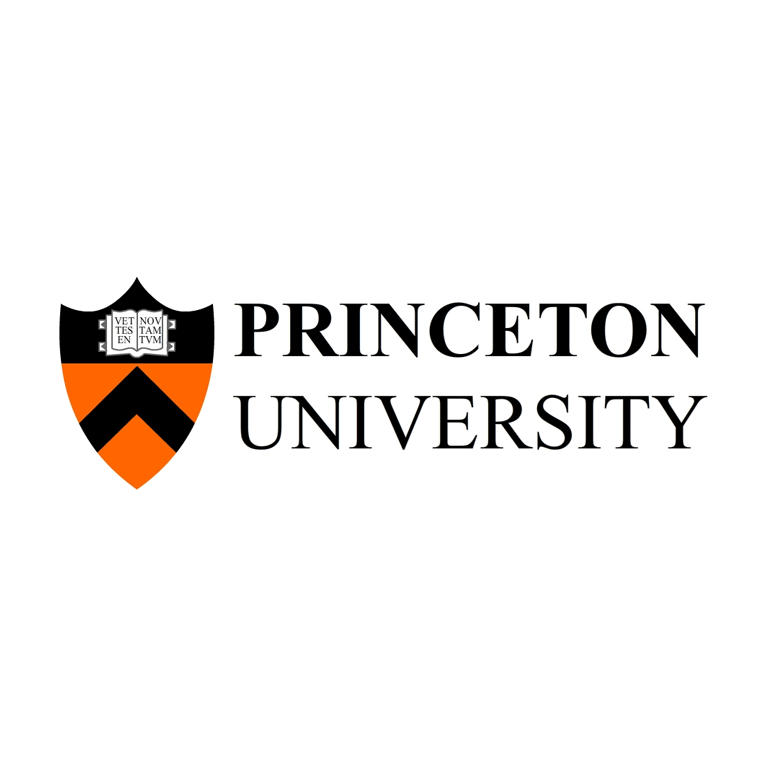Complex Fluids Ooze into Engineering Applications
The Datta Lab, led by Dr. Sujit Datta, Assistant Professor in Chemical and Biological Engineering at Princeton, studies the properties of complex fluids (ie: anything squishy). Some of these fluids are created, like shower gel and hand sanitizer. Others occur in nature, like mucus that lines the airways and gut in the human body. The lab studies how gooey and thick these fluids are, how they change their microscopic structure, and how quickly they move under pressure. The information gathered is used to design better complex fluids for health applications, from purifying contaminated water to delivering pharmaceuticals to target specific parts of the human body.
Complex Fluids In The Gut
The gut houses over 1,000 species of bacteria, some of which can be “good” (like probiotics), some of which can be “bad” (like pathogens). Our gut is lined by a squishy mucus gel whose mesh structure helps to keep “bad” bacteria from getting through but enables nutrients, beneficial molecules, and some drugs to pass through unimpeded. In many diseases or disorders, this mesh structure is disturbed. The Datta Lab has been studying this squishy mucus gel as a biomaterial, using tools from physics and materials science. Recently, they discovered that polymers in the gut, such as dietary fibers from the fruits and vegetables that you eat, can compress the gel, potentially making the pores in it smaller. This level of control might offer protection and mitigation of disease.
Complex Fluids In The Lungs
The lungs are also protected by a complex fluid — a thick mucus solution that helps trap inhaled pathogens (like bacteria or viruses) or particulates. In many respiratory disorders, like cystic fibrosis and COPD, the mucus becomes thick and highly concentrated, making it difficult to clear from the lungs, resulting in breathing disorders and possible infections. As with the gut, the Datta Lab has been studying this squishy mucus solution as a biomaterial: specifically, how its microstructure impacts how pathogens infect the lungs, and how physical or chemical factors can be used to control this microstructure. The insights from this work could help guide the design of therapeutic interventions to prevent infections and promote opening of the lungs in respiratory disorders.
Complex Fluids For Water Purification
The Datta Lab’s work on complex fluids is not just restricted to those in the body. They are also studying how squishy complex fluids can be engineered and applied to solve other real-world health problems. One prominent example is the case of water contamination by industrial chemicals. These often seep into and become trapped within the groundwater aquifers that supply our drinking water, with adverse effects on health and ecology. The Datta lab has found that a polymer solution—another complex fluid—can be used to push trapped contaminants out of aquifers. This provides a promising engineering solution to this prominent environmental and health problem. Surprisingly, it turns out that the way airway mucus changes is similar to the way a polymer solution changes its microstructure when it’s pumped through a porous rock (like that of an aquifer). Because of this similarity, researchers in the Datta Lab are able to use similar ideas and tools to analyze both of these different types of complex fluids and their possible applications.
At face value, gut health, lung health and water remediation probably don’t sound like they have much in common. However, through this research, chemical and biochemical engineers in the Datta Lab are using complex fluids to solve real world problems in the areas of health, water, and energy.
Bio
Sujit Datta is the Principal Investigator of the Datta Lab. He did his undergraduate work at the University of Pennsylvania, graduate work at Harvard, postdoctoral work at Caltech, and is now an Assistant Professor of Chemical and Biological Engineering at Princeton. Sujit grew up in Toronto, but lost most of his Canadian accent by living in Abu Dhabi, Philadelphia, Boston, and Los Angeles before moving to New Jersey. His favorite things about the lab are the sheer joy of discovering new things and the pleasure of working with his exceptionally talented students. In his free time, Sujit likes to spend time with his family, video conference with his baby niece, cook, eat, run, and reminisce about his past life as a competitive kickboxer.


